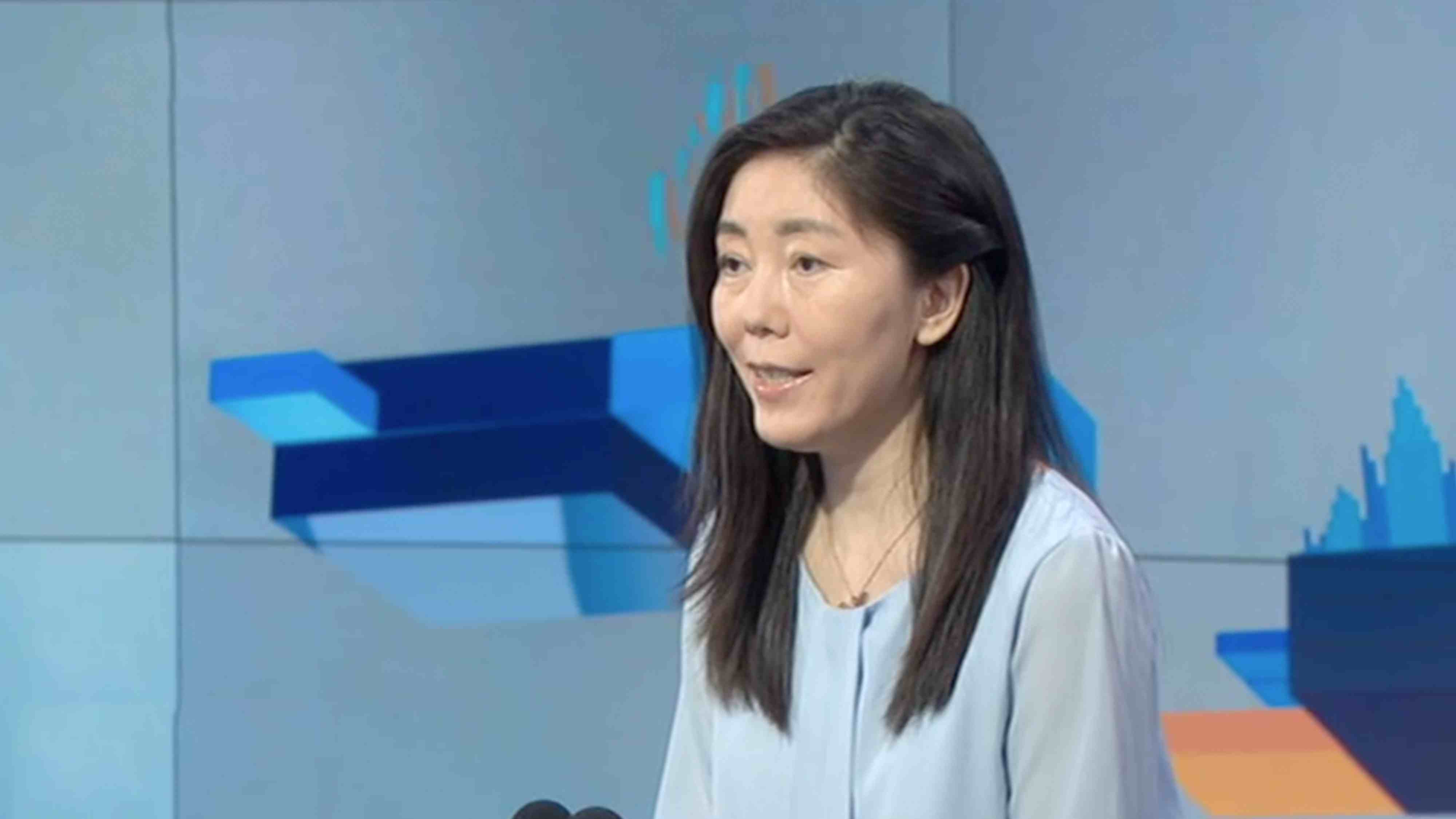
Business
21:05, 04-Sep-2018
Workplace gender equality still on the way
Updated
20:55, 07-Sep-2018
By CGTN's Zeng Chen
02:32

Data from the US Federal Aviation Administration shows that only seven percent of licensed pilots are women. Furthermore, females represent only four percent of those licensed to fly for airlines.
Though flying is still very much a man's business, change could be on the horizon.
When Linda Sollars first told her high school guidance counselor her dream of being a pilot, she was told that it wasn't an option and she could be a flight attendant instead.
But now, Linda has become a first officer at JetBlue, one of the major air carriers in the US. Because of the pilot shortage in the nation, more and more airlines, as well as flight schools, are recruiting females.
But workplace gender equality involves more than just the availability of career options for females. There are many other obstacles on a professional woman's career path: wage level, the balance between family and work, prospects of promotion and so on.
03:20

"Culturally and ethnically, women are expected to play a larger role in the household," said Wang Yan, Director of Department for International Exchange at the National Institute of Education Sciences of China.
Compared with men, women spend 15 percent more time on family and 9 percent less time on work, according to a 2018 report released by China's online job market Zhaopin.com.
When choosing a job, about 36 percent of females, out of the intention of taking good care of their family, consider the convenience of commuting as their top priority. This inevitably leads to the loss of a wider range of job opportunities for females.
Keeping the balance between career and family can be a seemingly impossible mission for a professional female. This partly explains why more and more young Chinese women in their 20s or 30s plan to stay single or delay getting married and having children, Wang said.
Young Chinese women are not willing to sacrifice their career for their marriage or family. As Wang said, "This younger generation, they are better educated, more independent and more aspirational about their career development."
(CGTN's Karina Huber contributed to the story.)

SITEMAP
Copyright © 2018 CGTN. Beijing ICP prepared NO.16065310-3
Copyright © 2018 CGTN. Beijing ICP prepared NO.16065310-3